The Twilight of the British Empire - (Intelligence, Surveillance and Secret Warfare) by Chikara Hashimoto (Hardcover)
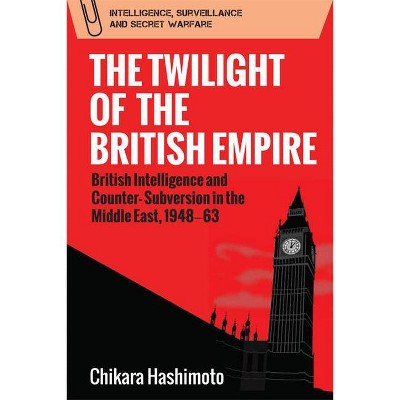
Similar Products
Products of same category from the store
AllProduct info
<p/><br></br><p><b> About the Book </b></p></br></br>This book reveals, for the first time, a hitherto unexplored dimension of Britain's engagement with the post-war Middle East: the counter-subversive policies and measures conducted by the British Intelligence and Security Services and he Information Research Department (IRD) of the Foreign Office, Britain's secret propaganda apparatus.<p/><br></br><p><b> Book Synopsis </b></p></br></br>This book reveals, for the first time, a hitherto unexplored dimension of Britain's engagement with the post-war Middle East: the counter-subversive policies and measures conducted by the British Intelligence and Security Services and he Information Research Department (IRD) of the Foreign Office, Britain's secret propaganda apparatus. Between 1948 and 1963, British policymakers used intelligence as a tool to maintain British influence in Middle Eastern countries such as Egypt, Iraq, Jordan, Lebanon, Turkey and Iran. Discover how Britain tried to influence regional intelligence and security services and shape their approach to countering communist subversion. However, amidst disagreements over the nature of the threat and levels of brutality used to counter it, intelligence and secret liasons ultimately failed to protect Britain's waning influence.<p/><br></br><p><b> Review Quotes </b></p></br></br><br><br><em>The Twilight of the British Empire</em> is an outstanding piece of historical research, reflecting Hashimoto's diligence and prowess as a scholar ... [It] has enduring relevance for more recent history, not least with the dangers of major powers viewing the complexities of regional politics through<br>their own ideological lenses (as was often the case, for example, during the Cold War and in the post-2001 War on Terror). <em>The Twilight of the British Empire</em> demonstrates the ethical and political pitfalls of aligning with police states. Further, it underlines the danger of overlooking the fact that<br>certain political beliefs, which may be anathema to Western societies, are often seen elsewhere as a means of liberation from corrupt and despotic regimes. -- Geraint Hughes, King's College London, and R. Gerald Hughes, Aberystwyth University, <em>Intelligence and National Security</em><p></p><br><br><p/><br></br><p><b> About the Author </b></p></br></br><p>Chikara Hashimoto (1975-2016) was Assistant Professor in International Relations at the University of Sharjah, UAE. He is the author of two journal articles, published in The International History Review and Intelligence and National Security. His PhD dissertation won The British Society for Middle Eastern Studies (BRISMES) Leigh Douglas Memorial Prize for the Best PhD Dissertation on A Middle Eastern Topic for 2014.<p>
Price History
Price Archive shows prices from various stores, lets you see history and find the cheapest. There is no actual sale on the website. For all support, inquiry and suggestion messagescommunication@pricearchive.us

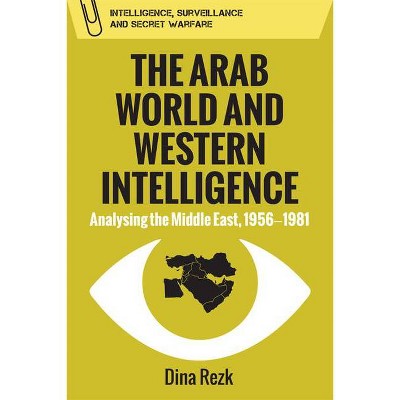
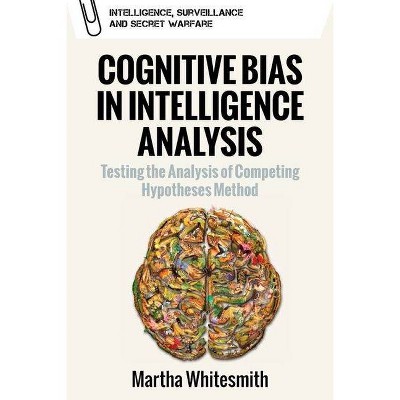
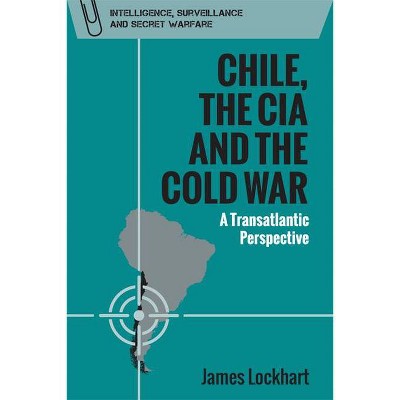

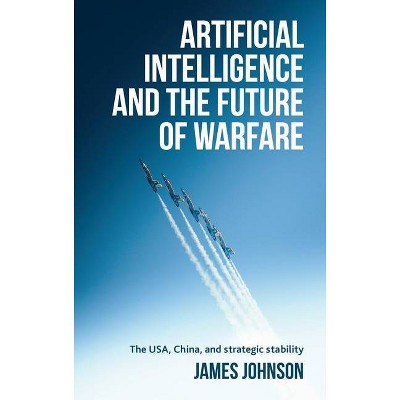


![British Film Noir: Twilight Women/The Slasher [DVD]](https://pisces.bbystatic.com/image2/BestBuy_US/images/products/1831/18317917_so.jpg)










